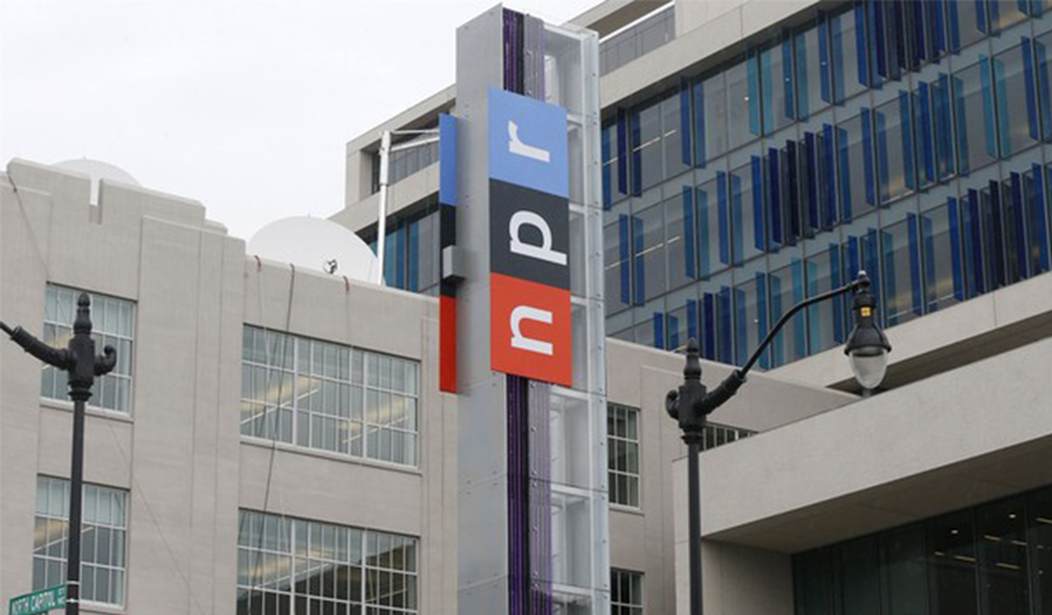Consider this proposition: "Suppose that your favorite candidate loses a close election. However, people on the campaign know that they can win by cheating without being caught. Would you rather have your candidate win by cheating or lose by playing fair?" Just 7% of Americans said, "Win by cheating." This is from a startling new Scott Rasmussen poll.
Rasmussen then put this question to those the pollster calls "the elite 1%." They make over $150,000 per year, have a postgraduate degree, live in densely populated areas, and give President Joe Biden an 82% approval rating. Why poll this group? Rasmussen said: "A heavy concentration of them went to one of 12 elite schools. ... [H]alf the policy positions in government, half the corporate board positions in America, are held by people who went to one of these dozen schools."
Thirty-five percent of this group said they would rather their candidate win by cheating than lose by playing fair. It gets worse. Rasmussen put the question to a subset of this elite 1%, whom the pollster calls the "politically obsessed," defined as those who talk about politics every day. Among this group, the number who would rather win by cheating jumps to 69%.
Rasmussen said: "Most Americans think we don't have enough individual freedom. Among the elite 1%, about half say, 'No, we've got too much freedom.' And among that politically obsessed group, about 7 out of 10 say, "There's too much individual freedom in America."
As for why they think this way, Rasmussen said: "... part of the reason is because they trust government. In America, it's been 50 years since most voters trusted the government to do the right thing most of the time. But among the elite 1%, 70% trust the government. ... They really believe that if they could just make the decisions and get us out of the way, we would be a lot better off."
Recommended
This brings us to National Public Radio, whose mostly white listeners consist of the more affluent and those more likely to have college and postgraduate degrees. (Let us reserve for another time the question of why, in an information overload internet world full of radio and television channels, podcasts, numerous news outlets, etc., we still have taxpayer-supported public television and radio.)
Now this elite 1% absolutely, positively loves NPR. Uri Berliner, senior business editor and reporter, is a 25-year NPR veteran. He insists NPR "lost its way when it started telling listeners how to think." In a strikingly candid article, Berliner writes: "It's true NPR has always had a liberal bent, but during most of my tenure here, an open-minded, curious culture prevailed. We were nerdy, but not knee-jerk, activist, or scolding.
"In recent years, however, that has changed. Today, those who listen to NPR or read its coverage online find something different: the distilled worldview of a very small segment of the U.S. population. ...
"By 2023, the picture was completely different: only 11 percent described themselves as very or somewhat conservative, 21 percent as middle of the road, and 67 percent of listeners said they were very or somewhat liberal. We weren't just losing conservatives; we were also losing moderates and traditional liberals. ...
"At NPR, we hitched our wagon to Trump's most visible antagonist, Representative Adam Schiff.
"Schiff, who was the top Democrat on the House Intelligence Committee, became NPR's guiding hand, its ever-present muse. By my count, NPR hosts interviewed Schiff 25 times about Trump and Russia. During many of those conversations, Schiff alluded to purported evidence of collusion. The Schiff talking points became the drumbeat of NPR news reports.
"But when the Mueller report found no credible evidence of collusion, NPR's coverage was notably sparse. Russiagate quietly faded from our programming.
"It is one thing to swing and miss on a major story. ... What's worse is to pretend it never happened, to move on with no mea culpas, no self-reflection."
Who is listening to NPR? Berliner says: "Our news audience doesn't come close to reflecting America. It's overwhelmingly white and progressive, and clustered around coastal cities and college towns."
You know, kind of like the elite 1%.
























Join the conversation as a VIP Member